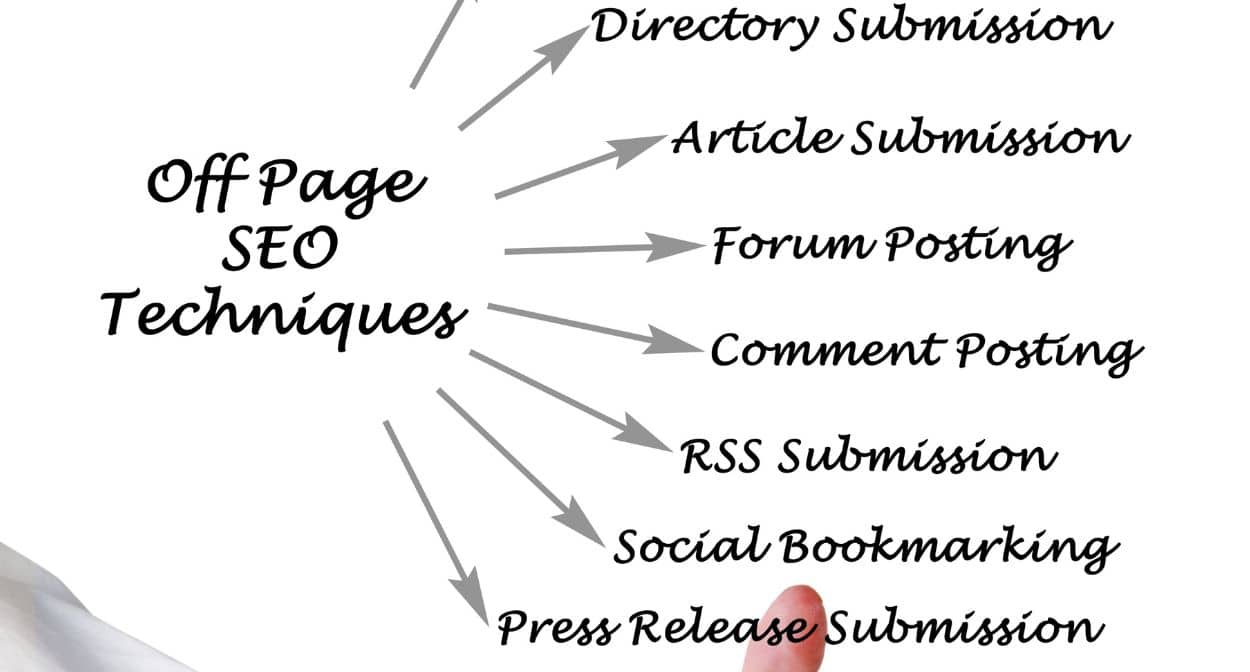Keyword Research Specific to Epoxy Flooring

Keyword research is the cornerstone of any SEO strategy. For an epoxy flooring company, targeting specific keywords related to the industry ensures that the website reaches the right audience. Here are the steps to conduct targeted keyword research for epoxy flooring:
Identify Core Keywords: Start by identifying broad terms such as “epoxy flooring,” “epoxy floor coating,” and “garage floor epoxy.” Use keyword research tools like Google Keyword Planner, Ahrefs, or SEMrush to get monthly search volumes for these core terms.
Target Long-Tail Keywords: Long-tail keywords are less competitive, highly specific phrases that can attract more qualified traffic. Examples include “residential epoxy floor installation,” “epoxy garage flooring in [City],” or “best epoxy floor coating for basements.” These terms may have lower search volumes, but they often result in higher conversion rates.
Explore Related Topics: Look into related keywords such as “concrete coating,” “polished concrete floors,” or “garage floor sealing” to broaden content topics on your site. This not only increases search potential but also allows the company to rank for various search intents.
Use Local Keywords: Since epoxy flooring is a location-specific service, include keywords with geographical modifiers like “epoxy flooring services in [City]” or “concrete coating in [Region].” Local SEO strategies boost visibility for nearby customers searching for epoxy flooring.
Analyze Competitor Keywords: Research what keywords competitors are ranking for, as they might uncover new opportunities or reveal gaps in your content. You can use SEO tools to explore competitor keyword profiles and determine where you can improve or differentiate your content.
On-Page SEO Tactics

On-page SEO is all about optimizing elements on your website to make it easy for search engines to understand the content and rank it effectively. Here are some on-page tactics specific to epoxy flooring websites:
Title Tags and Meta Descriptions: Craft unique title tags for each page with the target keyword, keeping them concise and engaging. For example, a service page might have the title “Epoxy Flooring Services in [City] – Durable and Stylish Solutions.” Meta descriptions should be clear, persuasive, and include the target keyword to encourage click-throughs.
Header Tags (H1, H2, H3): Proper use of headers improves readability and gives search engines a clear hierarchy of information. The H1 tag should contain the main keyword (e.g., “Epoxy Flooring Services for Your Garage and Home”), while H2 and H3 tags should support it with relevant subtopics like “Benefits of Epoxy Flooring,” “Types of Epoxy Coatings,” and “Why Choose Our Services?”
Optimize Content for Keywords: Use primary and secondary keywords naturally throughout the content. For example, if the page is focused on “epoxy garage flooring,” mention this phrase a few times but avoid overusing it. Also, include LSI (latent semantic indexing) keywords—terms closely related to the main keyword, like “garage floor protection,” or “durable garage coating.”
Image Alt Text: Images on the website should include descriptive alt text with keywords. Instead of generic tags like “flooring,” use “high-quality epoxy garage floor coating.” Alt text helps with SEO and makes images more accessible.
Internal Linking: Use internal links to guide users to related pages, such as linking a blog post about “Maintaining Epoxy Floors” to the main “Epoxy Flooring Services” page. This improves website navigation and helps distribute authority across pages.
Mobile Optimization: Ensure your website is mobile-friendly, as Google prioritizes mobile-first indexing. Epoxy flooring companies can benefit from a responsive design that loads quickly on all devices, given that a large portion of users may be browsing on smartphones or tablets.
Off-Page SEO Tactics

Off-page SEO refers to actions taken outside your website to improve rankings, such as building links and managing your online reputation.
Local Citations and Directories: List your epoxy flooring company in local directories like Yelp, Angie’s List, and Google My Business. Ensure consistency in your NAP (name, address, phone number) details across all listings to build local SEO authority.
Backlink Building: Earning backlinks from reputable websites signals to search engines that your site is trustworthy. You can do this by:
Social Media Engagement: Active social media accounts help drive traffic to your site and build brand awareness. Share project photos, customer testimonials, and educational content to engage followers and encourage shares, which can indirectly boost SEO.
Customer Reviews: Positive reviews on Google, Yelp, and other platforms improve your site’s authority and influence local rankings. Ask satisfied customers to leave reviews, and respond to both positive and negative feedback to show engagement and reliability.
Influencer Partnerships: If possible, partner with local influencers in the home improvement or real estate industry. Their endorsements can build credibility and drive traffic, enhancing off-page SEO efforts.
Optimizing Website Content to Rank Higher on Search Engines

Write High-Quality, Informative Content: Develop pages focused on specific services like “Epoxy Floor Installation for Garages” or “Residential Epoxy Flooring Solutions.” Blogs on related topics like “Benefits of Epoxy Flooring” or “How to Maintain Your Epoxy Floors” can further boost engagement.
Use Visuals and Videos: Epoxy flooring is a visually appealing service, so include high-quality images and videos of completed projects. Content like video walkthroughs of projects or time-lapse videos of installations can keep visitors engaged and improve rankings.
Update Content Regularly: Consistently add fresh content to the site to signal relevancy to search engines. Update older articles with new information, refresh images, and add internal links to new pages for continual optimization.
Optimize for Local Intent: Create location-specific pages if you serve multiple areas, such as “Epoxy Flooring in [City A]” and “Epoxy Flooring in [City B].” Include city-specific keywords in your content and meta tags to capture local searches.
Track SEO Performance: Use tools like Google Analytics and Search Console to track keyword rankings, user behavior, and traffic sources. Regularly analyze this data to identify areas of improvement and adjust your strategy accordingly.
Conclusion
By implementing these SEO strategies, epoxy flooring companies can improve their online presence, attract more customers, and increase conversions. Combining targeted keyword research, on-page and off-page tactics, and consistent content optimization ensures better visibility and drives more traffic from search engines.



